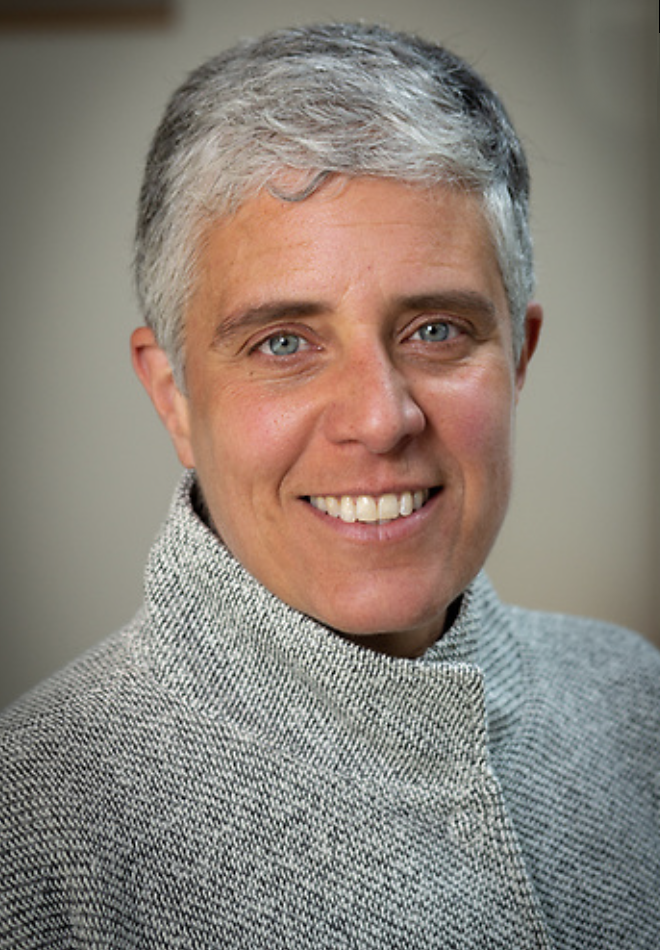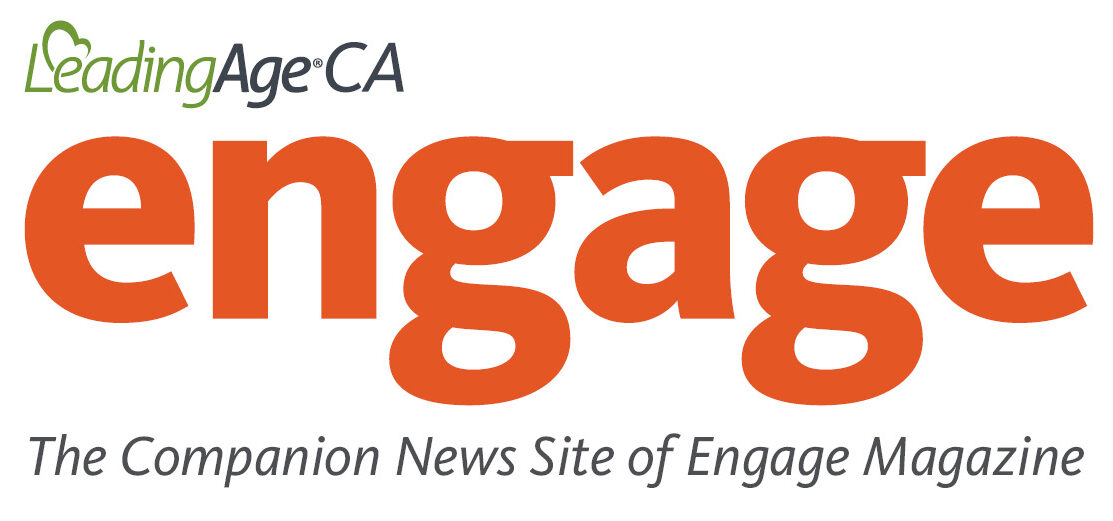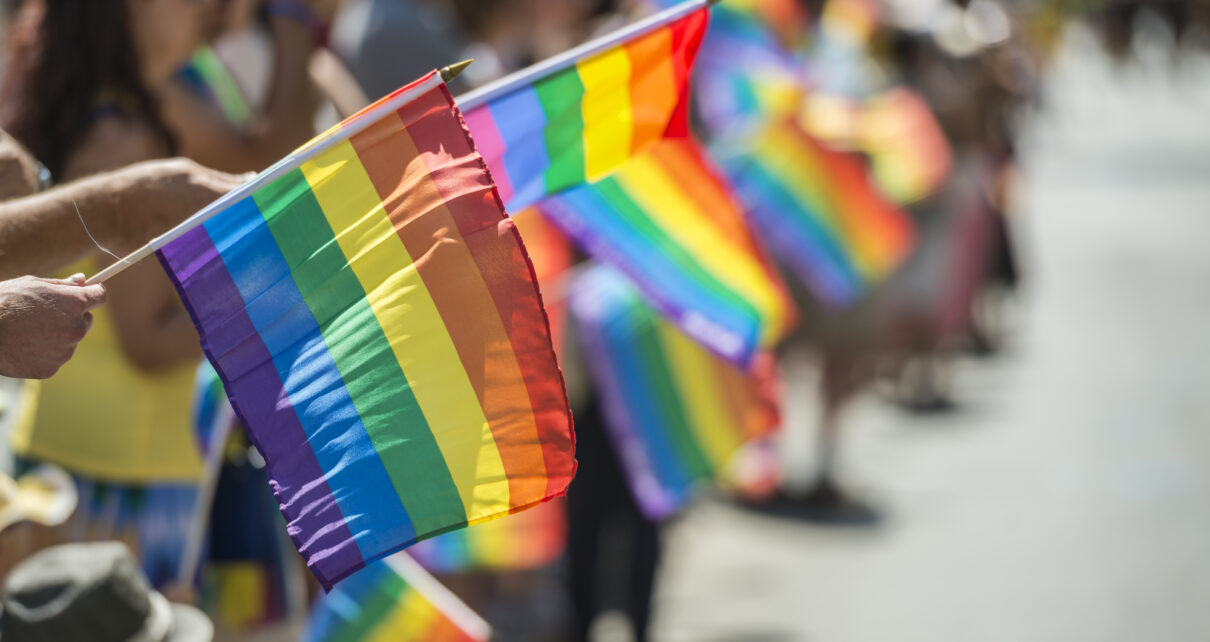By Dr. Kathleen M. Sullivan, Executive Director, Openhouse
Findings from a recently released longitudinal study indicate that Openhouse’s Community Engagement Program reduces isolation and loneliness while improving quality of life for LGBTQ+ older adults. Founded in 1998, Openhouse works to center the voices and experiences of LGBTQ+ older adults by providing opportunities to make social connections and build community. As an organization, we are committed to creating a safe environment to encourage and support community members to share diverse perspectives and identities to foster dynamic community engagement.
 It is not new to aging professionals that our population is aging, and that feelings of isolation and loneliness are predictive of negative mental health outcomes and increase risk of premature death. Conservative estimates are that close to half million Californians over the age 55 are LGBTQ+ — and yet we know very little about the aging of this community.
It is not new to aging professionals that our population is aging, and that feelings of isolation and loneliness are predictive of negative mental health outcomes and increase risk of premature death. Conservative estimates are that close to half million Californians over the age 55 are LGBTQ+ — and yet we know very little about the aging of this community.
The longevity study, conducted by the California Reducing Disparities Project, surveyed hundreds of participants in Openhouse’s community engagement programming. Program components studied included the Friendly Visitor Program, Individual and Group Emotional Support Programs, and Social Engagement and Recreational Programming.
Key findings include:
- Quality of life significantly increased after 12 months and 18 months of participation in programs. Drivers included satisfaction with physical health, energy, and the way participants spend spare time.
- Predicted quality of life (expressions of hope) increased after 6 months and 12 months. The main reason cited by participants was seeing people older than them living fulfilling lives.
- Mental health increased after 12 months and 18 months, with participants expressing that relating to others with similar experiences helped with feelings of depression and loneliness.
- Participants had significant decreased feelings of isolation and loneliness after 12 months and a higher sense of connection after 18 months.
- People of color, people with disabilities, gender minorities, and people who identify as something other than gay may not have the same increases/experiences, but sample sizes of these groups were too small to conduct valid or significant analyses.
These findings confirm what our organization has always suspected: that LGBTQ+ older adults have unique needs and ways of forming community, and that outreach programs that center their lived and shared experiences in their own communities are integral to their well-being. As one study participated stated, “Age can be a very isolating experience. Not having friends your own age, especially friends who are LGBT, can be a very sad way to live.” In particular, intergenerational connection with our Friendly Visitor program is a positive intervention for both older adults and younger people. “I had issues with isolation, and Friendly Visitor helps me keep things in perspective. It gives me a springboard and helps me to not focus on myself. It has been a great experience,” said one participant.
The findings also indicate that we have some work to do to address disparities among different populations in the LGBTQ+ aging community. Some in the community expressed that they continue to face barriers due to race, ethnicity and gender which can lead to negative outcomes. We are extremely grateful to have valid data to prove the effectiveness of our programs and to inform our ongoing efforts to improve those programs.
The longevity study was made possible by the support of the California Department of Health – Office of Health Equity, through a California Reducing Disparities Project (CRDP) grant funded by the Mental Health Services Act (MHSA). In an effort to reduce mental health disparities among minority populations in California, the CDRP launched a statewide prevention and early intervention effort focusing on African Americans, Asians and Pacific Islanders, Latinos, Native Americans, and LGBTQ+ individuals. This study was designed to provide formal evidence of effectiveness for Openhouse’s Community Engagement Program in order to begin qualifying for mainstream funding to replicate greatly needed services.
A full copy of the report is available for download.
About Openhouse
Openhouse enables San Francisco Bay Area LGBTQ seniors to overcome the unique challenges they face as they age by providing housing, direct services and community programs. Learn more at: openhousesf.org




